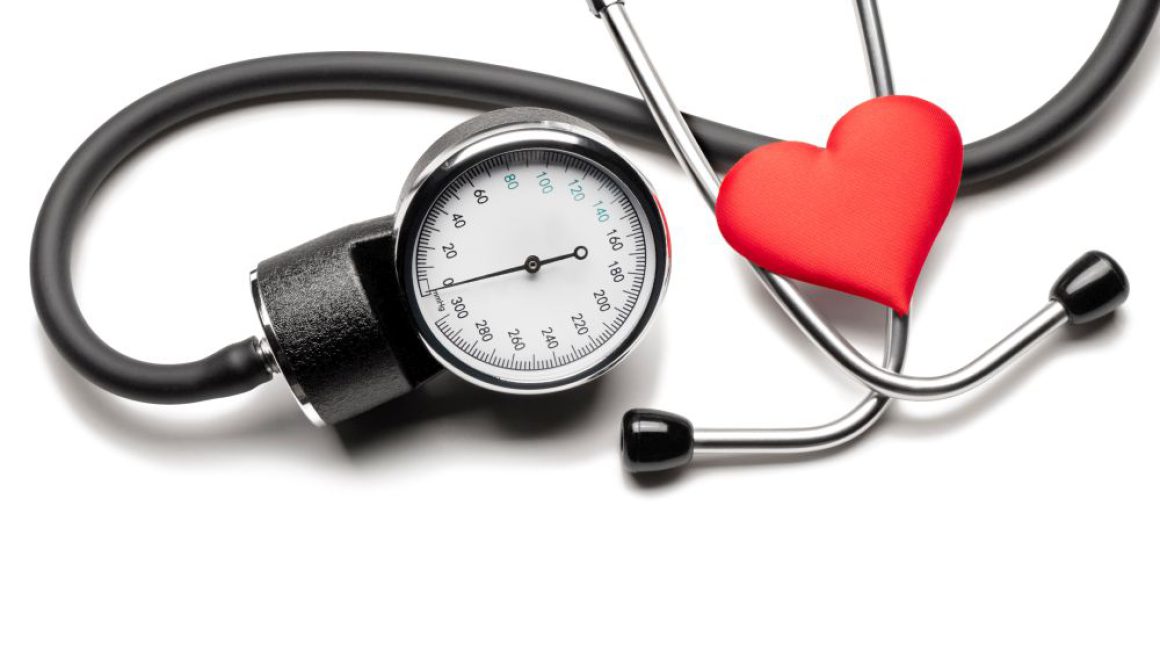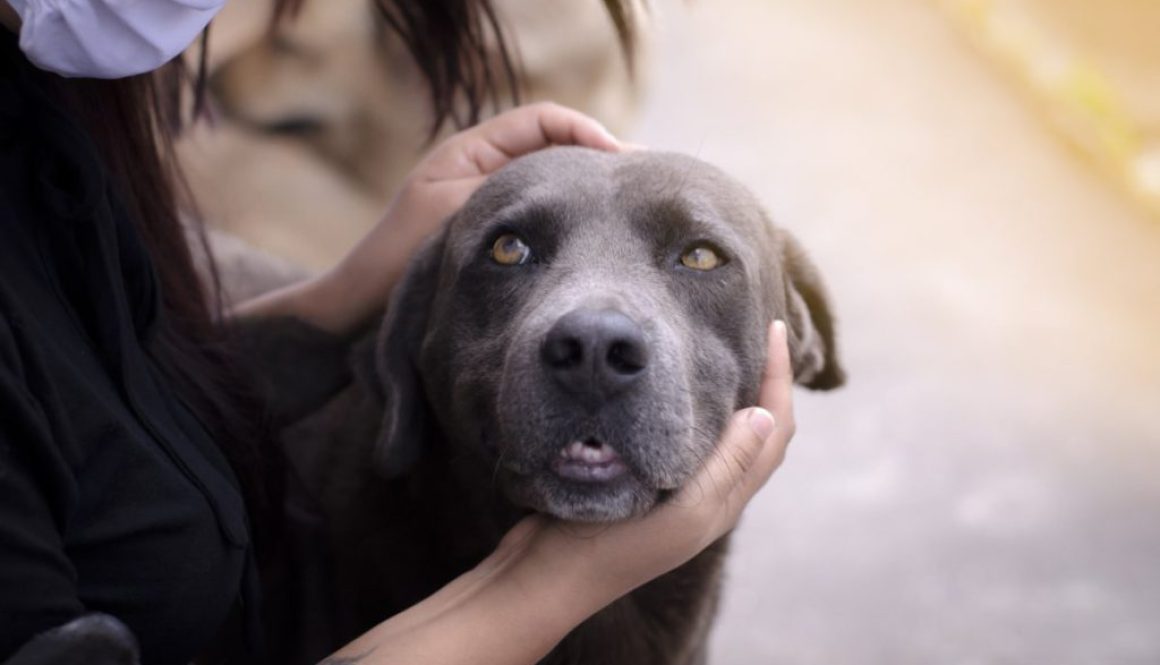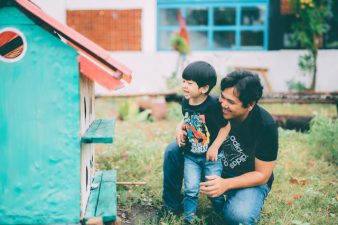National Safe Kids Week!
Children are our most precious possession. From the moment they are born, until they leave home as grown adults, it is a parent’s and community’s job to keep them safe from harm. We do anything and everything to ensure that our children are well fed, clothed, and love, and we hope every day that a tragic accident doesn’t happen, that might cause injury, disability of death. Similarly, we worry endlessly when they are ill, and hope that our healthy children never contract a deadly disease or develop a condition that could impact on their lives.
Each year in the Philippines, the third week in June is dedicated to keeping Filipino children of all ages safe, and we celebrate National Safe Kids Week. The Filipino government, backed up by non-profit organizations and global partners such as UNICEF and the World Health Organization (WHO), continues to work hard for the safety of all children. However, the dangers to children leading to unintentional death are still prevalent in our communities.
In previous years, dangers to children were often present around the home, and included injury or death as a result of bicycle, car or pedestrian mishaps, as well as falls inside the home. In today’s world of abundant technology, risks to children have increased and a whole new realm of hazards must be considered. Keeping children safe in an online environment, where bullying and inappropriate material is in abundance, is just another thing that parents have to take into account when thinking about their children’s safety. Sadly, the COVID-19 pandemic has lead to an increase in child exploitation, which is yet another worry that parents have to endure. Additionally, childhood diseases are also a concern for many parents, and these concerns can start from when children are very young. Parents who want to gain some peace of mind in regards to their children’s health and potential for developing diseases and conditions, can look to EasyDNA Philippines for a suite of DNA tests that could put their minds at ease.
The Prenatal Peace, Nova Newborn Discovery, and the Children’s DNA Discovery test are just some of the amazing DNA tests available to help ease your worries about a happy, healthy child. The Prenatal Peace tests for 18 different genetic conditions, including Down Syndrome. This screening test only requires a medical blood draw from the expectant mother. Once your sample is received, the cell free fetal DNA in the same sample will be analysed to confirm or exclude Down’s. Scientists analyse the foetal DNA in the maternal blood sample to establish the ratio of foetal chromosomes. The Nova Newborn Discovery test is the perfect test for parents worried about their newborn. Nova is a newborn screening test that determines a baby’s risk for 50 inherited disorders, as well as providing personalised genetic information on the metabolism of 20 drugs. This test is suitable for children up until 5 years of age. The Children’s DNA Discovery is a comprehensive test, encompassing a number of key factors relating to your child’s health. These include their athleticism, height, their learning patterns, how they handle risks, and their memory performance. This test reveal your child’s tendencies, allowing you to find out how your child’s genes influence who they are and who they might become.
There is no better time than right now to become an advocate for your child’s health and safety, so get on board with National Safe Kids Week, and EasyDNA Philippines. Your kids will thank you for it!






 If you have persistent digestive issues that don’t seem to clear up, maybe it’s time to investigate further. EasyDNA Philippines has a suite of tests that will reveal if you have a genetic predisposition to a number of digestive health conditions.
If you have persistent digestive issues that don’t seem to clear up, maybe it’s time to investigate further. EasyDNA Philippines has a suite of tests that will reveal if you have a genetic predisposition to a number of digestive health conditions.









